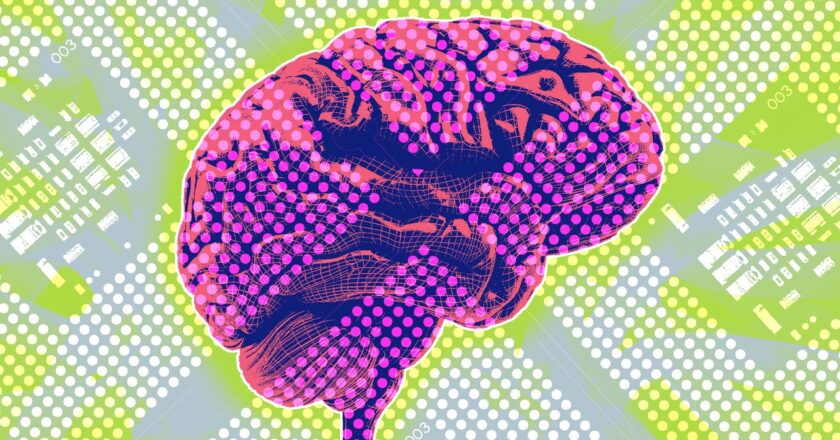The Race to Put Brain Implants in People Is Heating Up
In September, Elon Musk’s brain-implant company Neuralink announced the much-anticipated news that it would start recruiting volunteers for a clinical trial to test its device. Known as a brain-computer interface, or BCI, it collects electrical activity from neurons and interprets those signals into commands to control an external device. While Musk has said he ultimately wants to merge humans with artificial intelligence, Neuralink’s initial aim is to enable paralyzed people to control a cursor or keyboard with just their thoughts.Rival efforts to connect people’s brains to computers are also moving forward. This year, Neuralink competitor Synchron demonstrated the long-term safety of its implant in patients. Other startups tested novel devices in human subjects, while new ventures came ...


